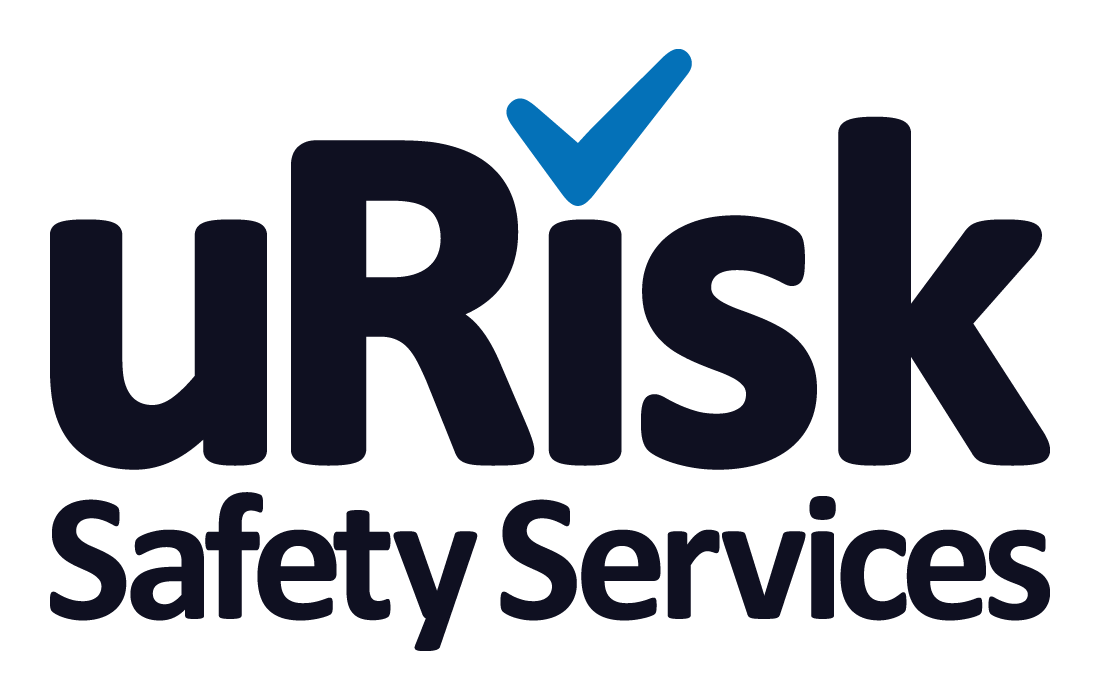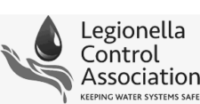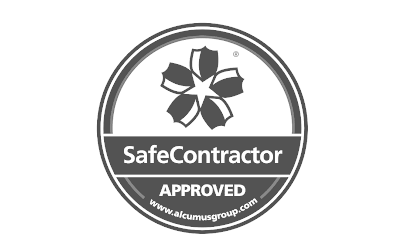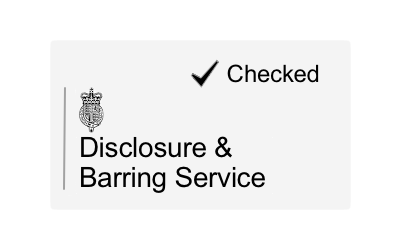Effects of Legionnaires’ disease on your business
You don’t have to do much research before you come across reports of new Legionnaires’ disease outbreaks which occur around the world, sadly on a frequent basis. Aside from the human cost of an outbreak, there are compelling business reasons for compliance with the law. Those companies that fail to take adequate measures to protect their staff, customers and members of the public from the Legionella bacteria could lose a lot of money as well as suffer huge damage to the brand reputation.
“A holiday to die for”
The Sun newspaper recently screamed out this headline after travel giant TUI was forced to find alternative accommodation for guests staying at a Turkish hotel. The company also compensated guests with £100 each for the inconvenience. It now has to wait to find out if any further action will be taken as a result.
Nearer to home, a Legionella scare prompted the closure of a care centre in Stoke-on-Trent. Patients and staff had to be found alternative accommodation at short notice and at a cost. The outbreak will also create long-term problems for the hard-hit NHS Trust over the winter when there’s always a bed shortage.
Over in America, the owners of one old people’s care home have just started work demolishing and rebuilding an entire campus in an attempt to eradicate the legionella bacteria after 14 residents died of Legionnaires’ disease.
Unsurprisingly, in America, companies also risk litigation, with many lawyers specialising in getting compensation for clients who’ve contracted the disease.
Out of business
The long-term effects on a brand’s reputation after an outbreak can prove fatal to the brand. This summer, the Feathers Hotel in Ludlow was forced to close its doors permanently a year after a guest had contracted Legionnaires’ disease and died as a result. Despite the remedial work to correct the problem, guests simply stopped booking to stay at the hotel.
Massive fines
Whilst fines in the thousands and hundreds of thousands are not unheard of, two years ago, G4S were fined £1.8m for not taking adequate steps towards reducing the risk of Legionnaires’ disease at a branch based in Harlow.
Criminal prosecution
Back in 2004, Barrow Borough Council and one of its managers faced manslaughter charges after a Legionnaires’ outbreak at a council-run arts centre killed seven people. Although they were cleared of manslaughter charges, the Council was fined £125,000 and the architect was personally fined £15,000 for failing to maintain the air conditioning unit that was at the centre of the incident.
So, by undertaking regular legionella risk assessments, you are not just fulfilling your legal duty of care to your staff and members of the public, you are also protecting your brand’s reputation and profits. If you would like to take preventative measures, contact us to find out more.
Legionella and Water Hygiene Blog Posts
Office Fire Risk Assessment
As you would expect, keeping your office safe from the risk of fire is a legal requirement under the Regulatory Reform (Fire Safety) Order 2005. If you are the owner or manager of a business, or landlord of an office building, it is your responsibility to ensure your...
Fire Risk Assessment For Flats
Your legal requirements as a landlord include taking precautions to keep your tenants safe, including when it comes to the risk of fire in flats. As part of the fire safety regulations, fire risk assessments for flats is therefore part of your legal obligation to...
Getting A Risk Assessment For Fire in the UK
As an employer, landlord or facilities manager, it is your legal responsibility to keep everyone who uses your premises safe. A fire risk assessment is an important part of this because it identifies what might cause a fire so you can take steps to prevent one, as...







